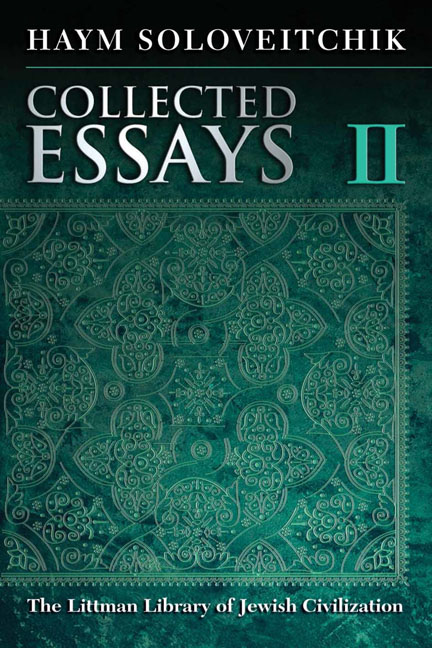Book contents
- Frontmatter
- Dedication
- Preface
- Acknowledgments
- Contents
- Note on Transliteration and Conventions Used in the Text
- PART I RE-EVALUATION OF ELEVENTH-CENTURY ASHKENAZ
- PART II MARTYRDOM UNDER CROSS AND CRESCENT INTRODUCTION
- PART III MISHNEH TORAH
- Bibliography of Manuscripts
- Source Acknowledgments
- Index of Names
- Index of Places
- Index of Subjects
4 - The Authority of the Babylonian Talmud and the Use of Biblical Verses and Aggadah in Early Ashkenaz
- Frontmatter
- Dedication
- Preface
- Acknowledgments
- Contents
- Note on Transliteration and Conventions Used in the Text
- PART I RE-EVALUATION OF ELEVENTH-CENTURY ASHKENAZ
- PART II MARTYRDOM UNDER CROSS AND CRESCENT INTRODUCTION
- PART III MISHNEH TORAH
- Bibliography of Manuscripts
- Source Acknowledgments
- Index of Names
- Index of Places
- Index of Subjects
Summary
OF ALL THE CURRENT NOTIONS about Early Ashkenaz with which I find myself in disagreement, the most incomprehensible to me is the contention that the eleventh-century Talmudists in the Rhineland were only partially guided by the Babylonian Talmud (Bavli) and frequently ruled according to their own understanding of biblical verses and aggadot. Equally inexplicable is its corollary: the Bavli achieved its ascendancy in the latter half of the eleventh century, as the writings of R. Yitsḥak b. Yehudah attest.
In fact, the controlling role of the Bavli is in evidence everywhere and, it should be emphasized, from the earliest days of the Ashkenazic community. The determinations of the Bavli are at all times dispositive of the question at bar, and the rare exceptions to the rule merit careful examination. For example, some ninety-nine responsa of R. Yehudah Ba’al Sefer ha-Dinim have survived. In ninety-eight of them he disposes of the issue either by invoking the Bavli specifically or by employing Babylonian dicta and notions such as lo hadam or migo (mi-tokh she-yakhol lit’on); in one responsum, and in one responsum alone, he employs biblical verses. Is it not plausible that this ‘deviance’ is due to the distinctive issue upon which he has to rule, rather than to any casualness about the authority of the Bavli or some Karaite tendency, as it were, to invoke biblical verses as he sees fit and rule on their basis? May it not be that there is either no guidance from the Bavli on the question at hand or that, under the circumstances, the invocation of the proper talmudic precedent might cause more problems than it would solve? Surely questions like these should be explored before one leaps to the radical conclusion that the Bavli was only quasi-normative in eleventh-century Ashkenaz.
Any such exploration demands substantive analysis of the responsa invoked—something that has been sorely lacking in the historiography of eleventh-century halakhah up to now. When the evidence adduced for the normative role of biblical verses and aggadot is subjected to such an analysis, the inference disappears.
What an in-depth examination of the responsa literature does reveal is an astonishing command of the complex corpus of the Bavli.
- Type
- Chapter
- Information
- Collected EssaysVolume II, pp. 70 - 100Publisher: Liverpool University PressPrint publication year: 2014



